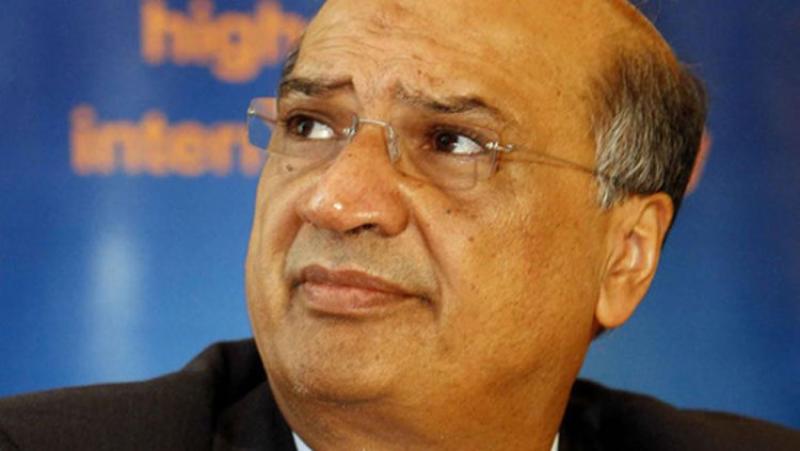×
The Standard e-Paper
Stay Informed, Even Offline

The late Naushad Merali was a shrewd investor who could instinctively tell when a business was on the verge of collapse and jump out of it.
But the reticent billionaire also had a nose for a quick buck. As a result, his wealth has grown in leaps and bounds even as most of the companies he divested from have turned into shells.